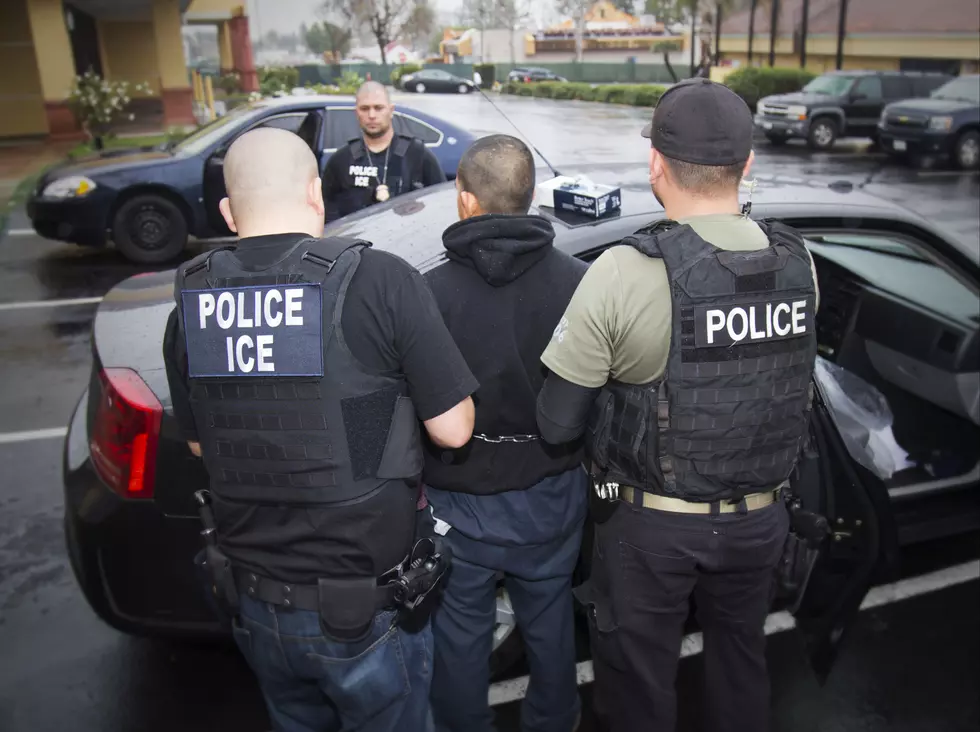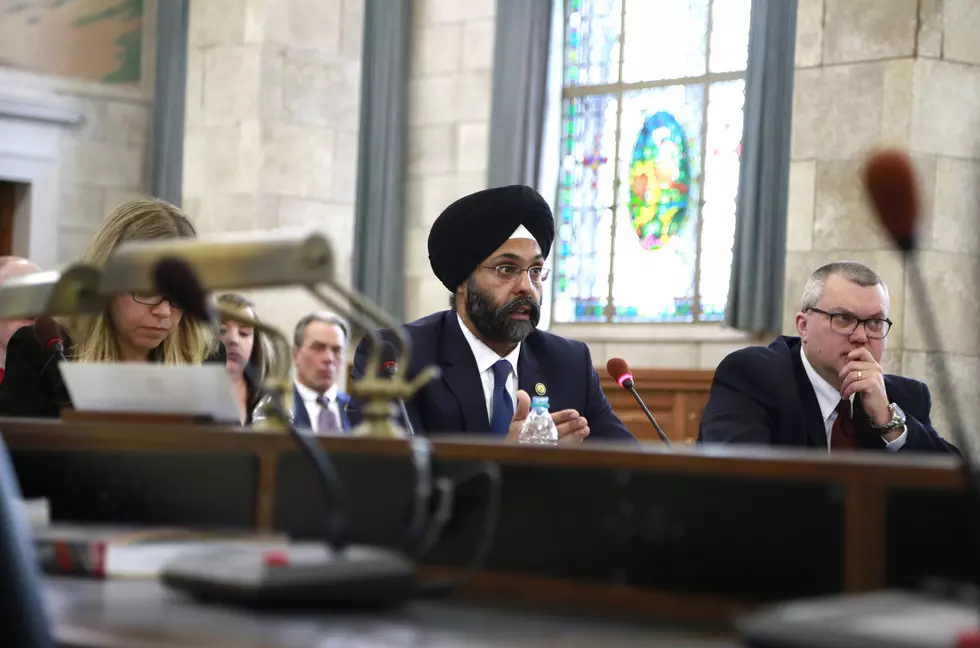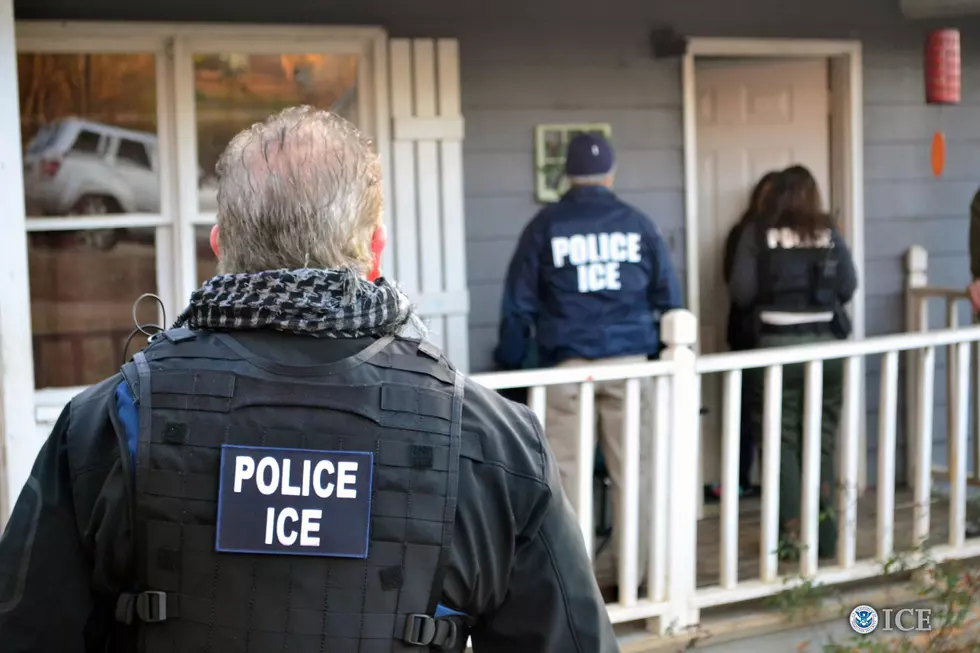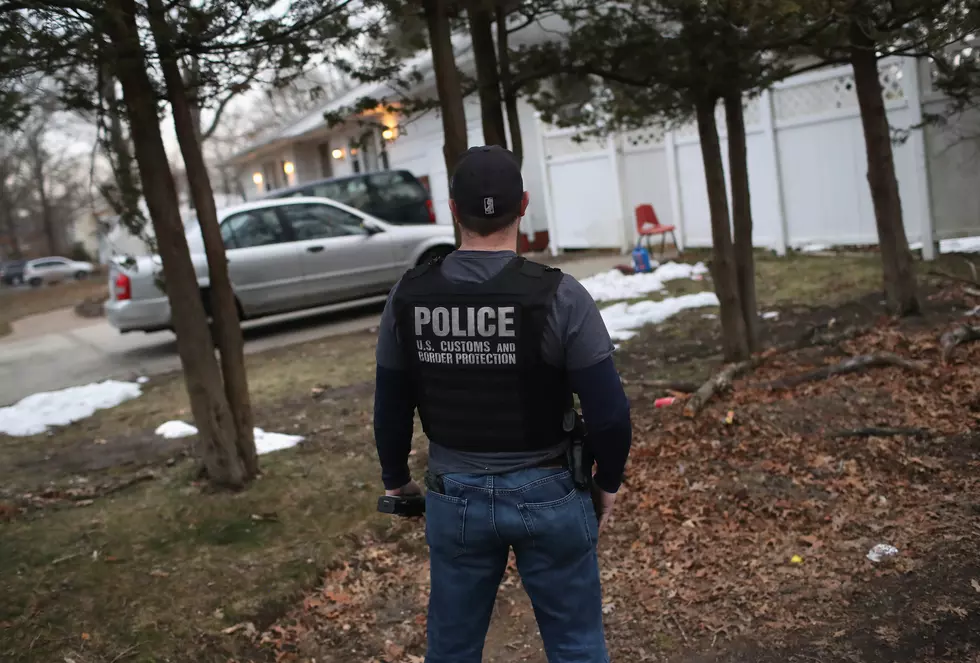
Indonesian Immigrants who Lived in a Highland Park Church Got a Deportation Reprieve
We here in the land of the free don’t really get the idea of religious persecution. However it does happen in plenty of places around the world. Coptic Christians persecuted in Egypt for instance; and in Indonesia, the persecution of Christians by Muslims.
We’ve always been a country that, for the most part, opened its doors to those who’d suffered mainly because of their faith.
Such has been the plight of the Indonesian families here since the 1990s who’ve formed a community in Highland Park, and who’ve been sought by the Immigration and Customs Enforcement agency for visa violations.
Their plight had been taken up by the Rev. Seth Kaper-Dale, who’d given them sanctuary in the Reformed Church of Highland Park, 8 of whom had been living in converted classrooms to avoid deportation.
Kaper-Dale said, U.S. Immigration and Customs Enforcement officials told eight Indonesian immigrants who had been staying at the church that they had been granted “orders of supervision" — essentially making them free to leave the church and resume their normal lives.
Under the arrangement, Kaper-Dale said the immigrants will have to report back to Immigration and Customs Enforcement officials in one year, at which point their status will be re-considered.
The immigrants who sought refuge in Kaper-Dale’s church are part of a community of Indonesian Christians who fled from persecution in their predominantly Muslim homeland. Many came to the U.S. in the 1990s or 2000s and overstayed their tourist visas.
The pastor first opened up his church as a sanctuary for immigrants facing deportation last spring. At one point, Kaper-Dale said he had as many as nine Indonesians living in the church.
Kaper-Dale said he traveled to Washington, D.C., last Wednesday to meet with immigration officials about the immigrants' situation. A day later, he received word that the “orders of supervision” had come through.
The New York Daily News quoted an Immigration and Customs Enforcement spokeswoman, Gillian Christensen, who explained that the “specific circumstances” of the cases led officials to allow the immigrants “to remain in the community as opposed to in detention.”
Kaper-Dale hopes the one-year window will buy lawmakers time to push through immigration reform that would allow the Indonesian immigrants and others to stay in the country permanently.
Overstaying one’s visa is one of the ways many immigrants have managed to stay in this country.
However if sent back, they’d surely face persecution and possibly even death.
The concept behind religious asylum is very similar to that of political asylum. Basically, a foreign national can apply for various protections in the U.S. if they have experienced religious persecution in their home country. “Religious persecution” can include:
Victimization due to religiously-motivated violence (resulting in bodily harm or suffering)
Unjust imprisonment for religious beliefs
Human rights violations
Inhumane treatment such as degradation, slaver, or torture based on religious belief.
Religious refugees may apply for entrance into the U.S. to receive protection from such actions. They may also sometimes apply for certain benefits such as financial assistance and relocation counseling.
Who May Be Considered for Immigration Based on Religious Persecution?
The most important requirement is that the person needs to have a “well-founded fear” of persecution based on their religious beliefs. This means that the persecution cannot be invented or imagined, and also that a reasonable person would have similar fears if placed in the same situation.
This move by ICE at least shows that they’re willing to look at things like this on a case by case basis.
More From New Jersey 101.5 FM









